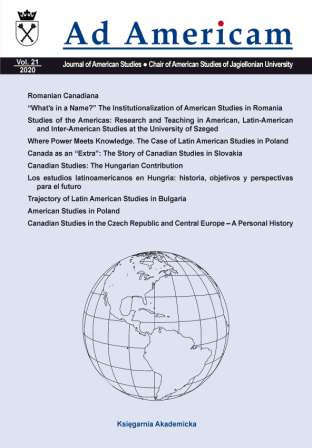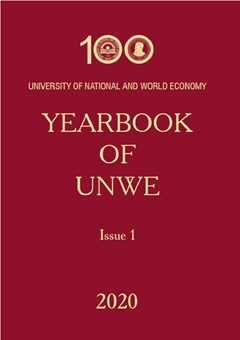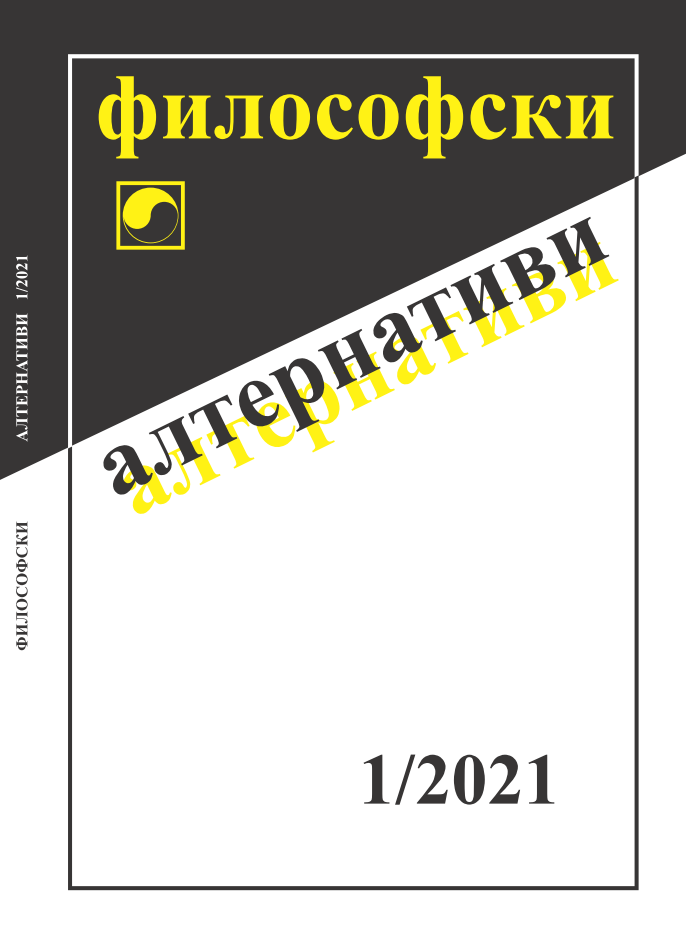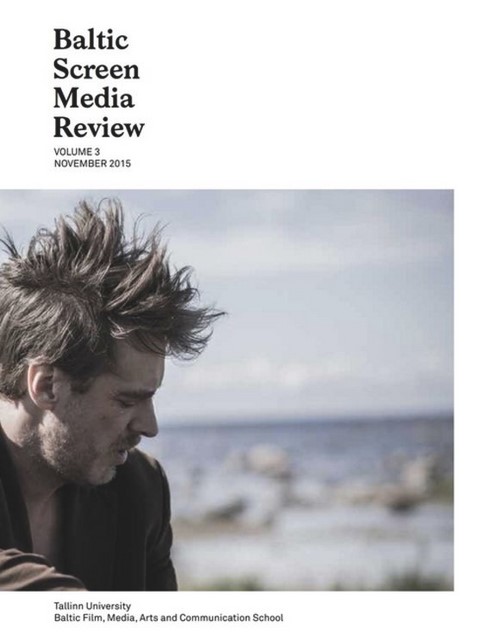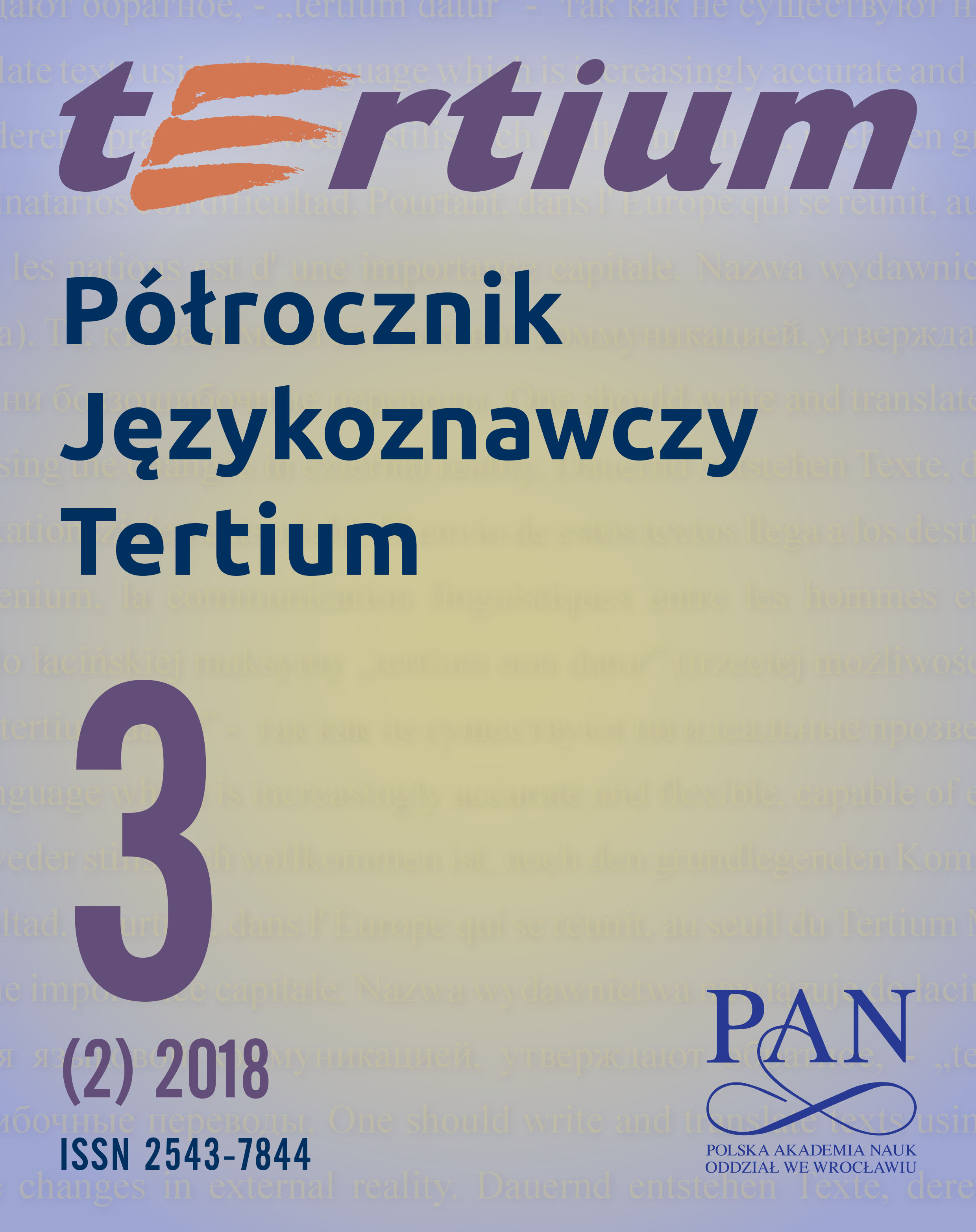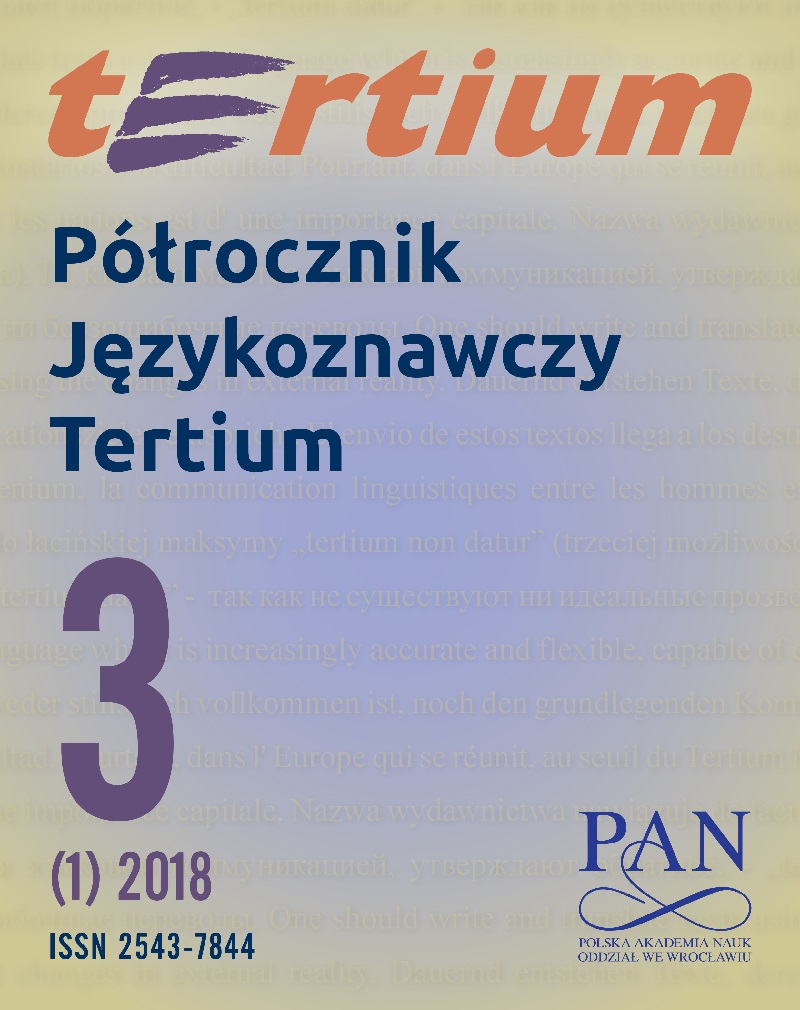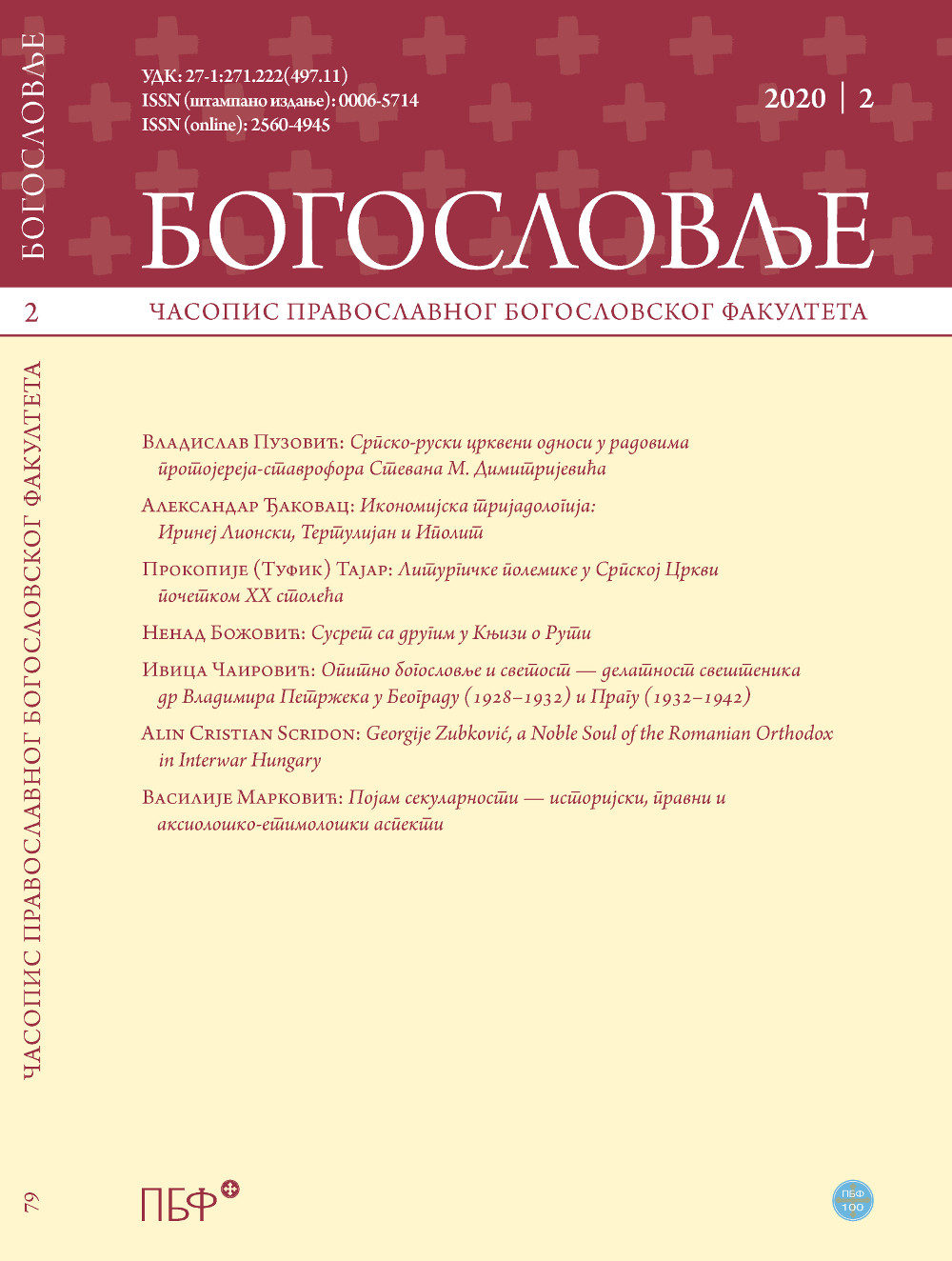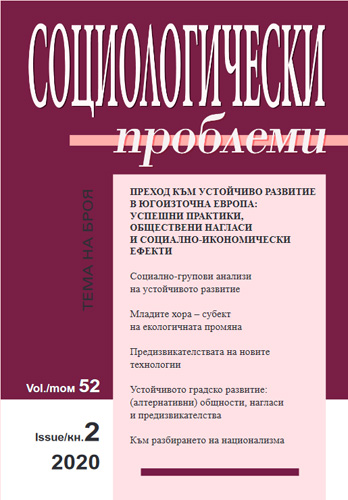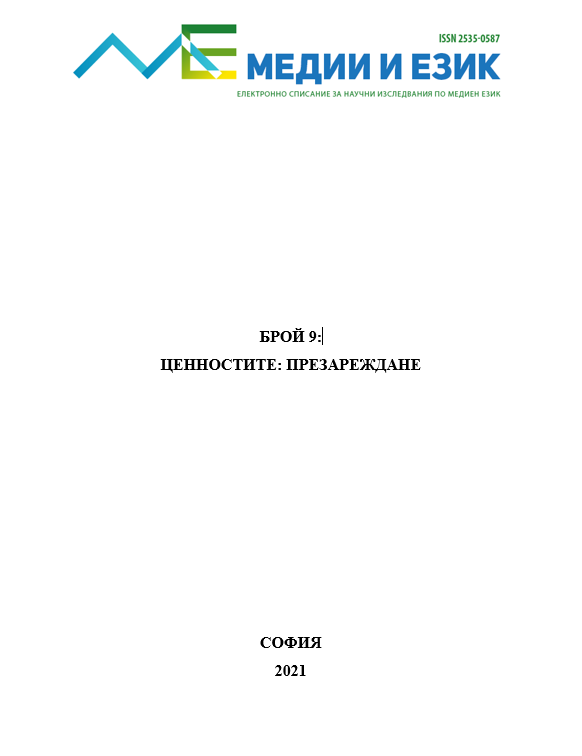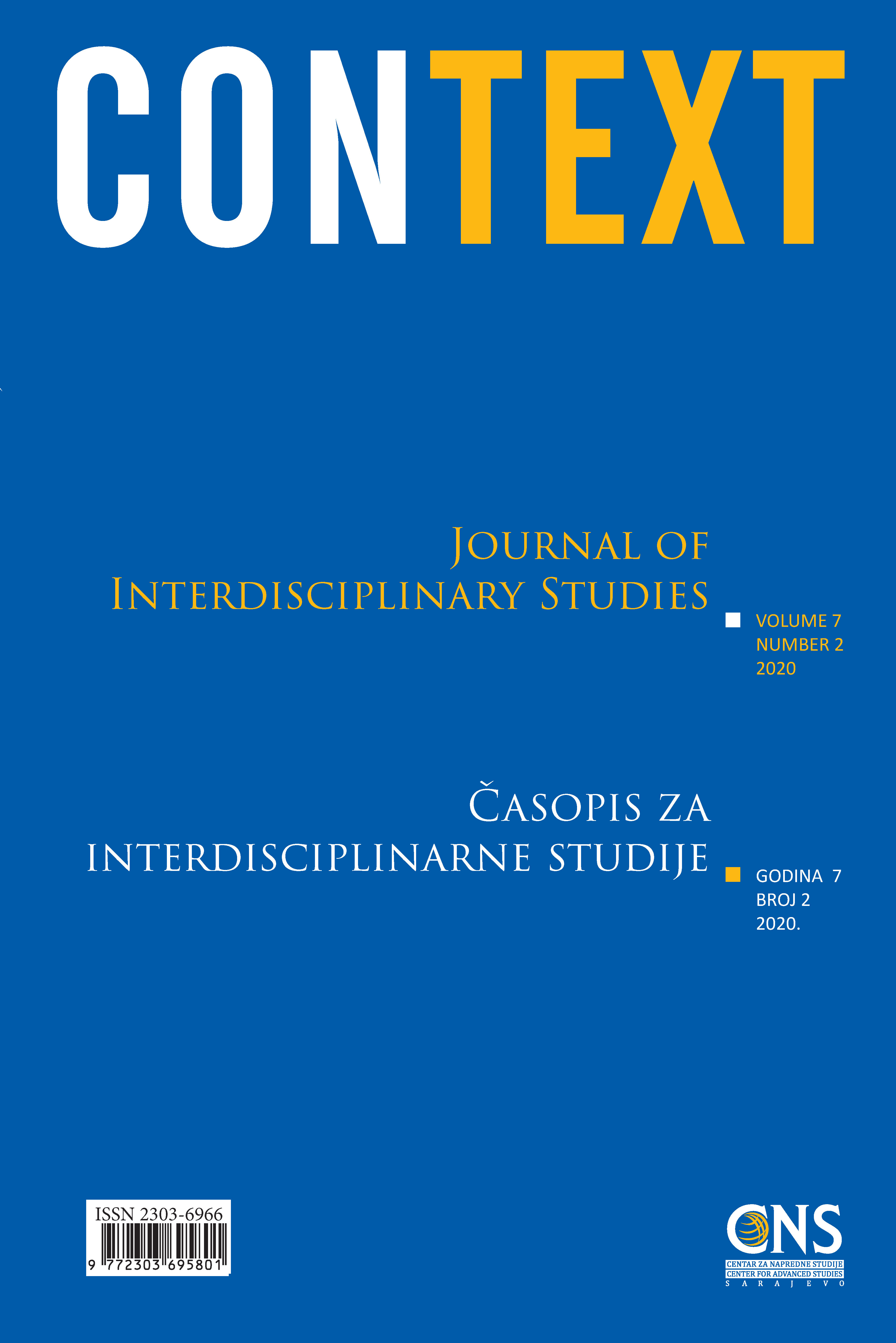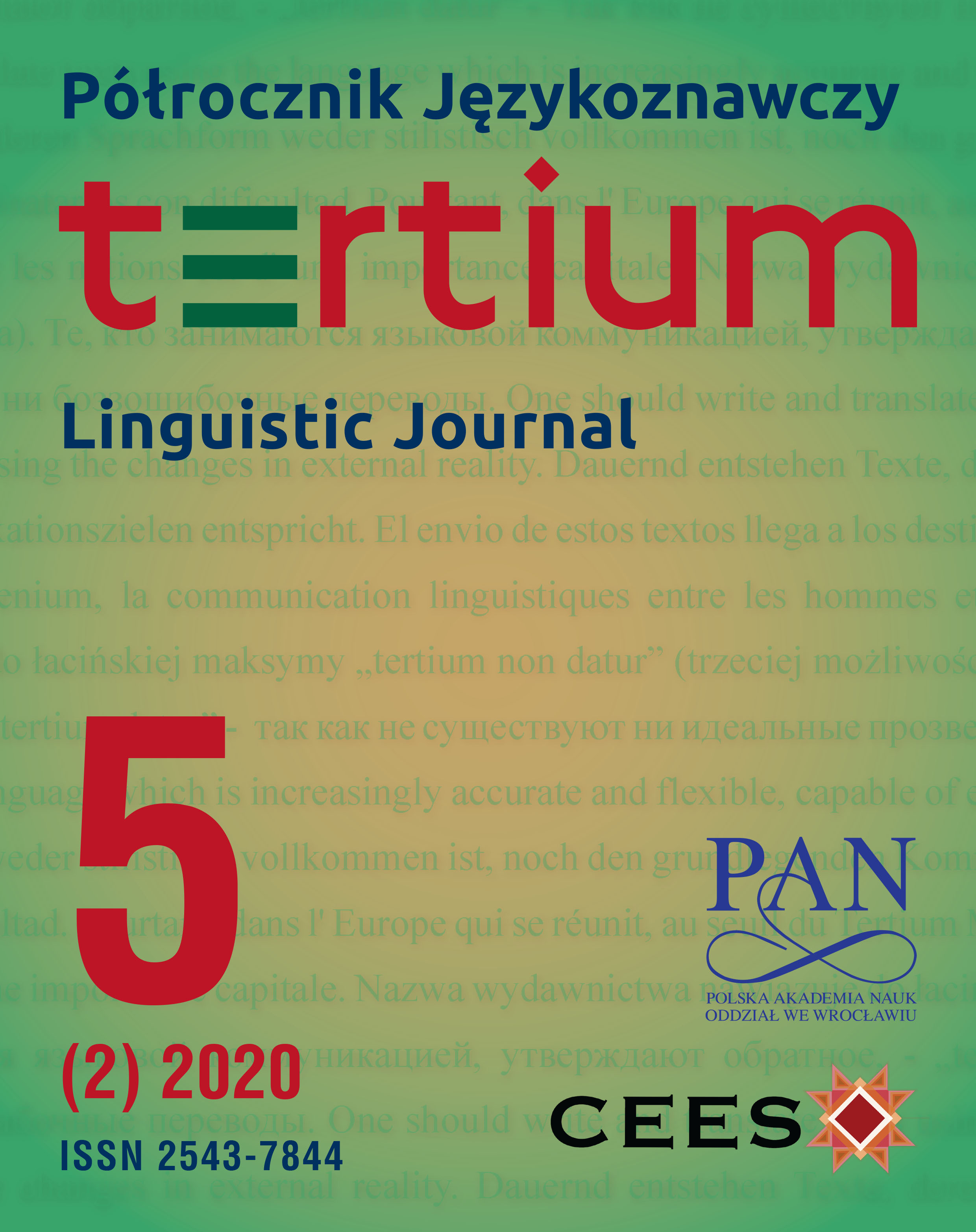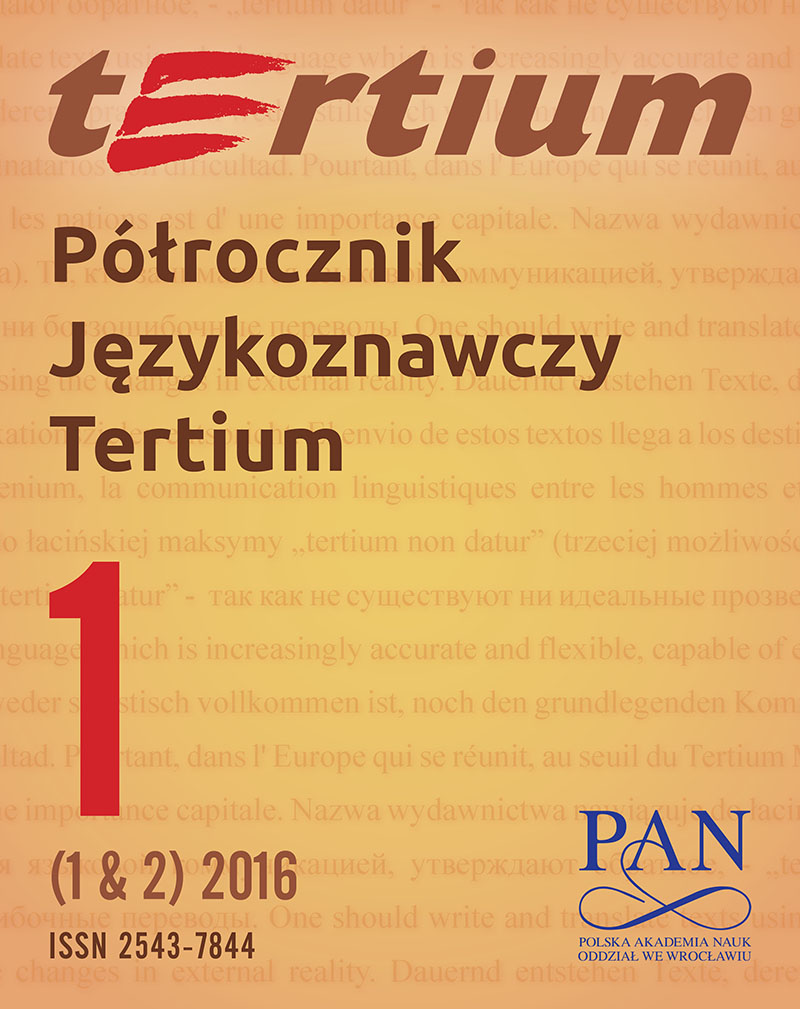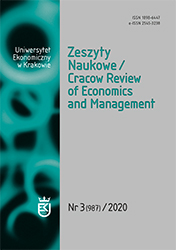
Wpływ pandemii COVID-19 na działania CSR podejmowane przez przedsiębiorstwa
Objective: The aim of the study was to show that during the COVID-19 pandemic in Poland, enterprises took action in the field of corporate social responsibility. Research Design & Methods: The data used in this research was collected by analysing the content of posts published on brand profiles on Facebook from March to May 2020 and analysing the data. Findings: The unexpected pandemic required organisations to take specific measures related to corporate social responsibility (CSR). In this article, the author emphasises the importance of Facebook in brand communication with recipients and classifies CSR activities carried out by enterprises operating in various industries that jointly pursued one goal – counteracting the effects of the pandemic. These were such activities as donating funds and basic products, supporting the social campaign #zostanwdomu, producing protective masks, creating new products to support the fight against the pandemic and taking additional preventive actions. Enterprises informed recipients about the initiatives they were taking by publishing posts on their Facebook profiles. Implications / Recommendations: The COVID-19 pandemic has greatly affected both the economic activity of many countries and the daily functioning of society, which limited contact among people and increased communications via digital channels such as social media. The changes resulting from the pandemic also make an essential contribution to the development of CSR by presenting how unforeseen circumstances may compel organisations to take specific measures to create a positive image and support society. Contribution: The presentation of research on the CSR measures taken by enterprises during the COVID-19 pandemic. As a new phenomenon, the COVID-19 pandemic requires wider analysis. This paper helps reduce the cognitive gap.
More...
